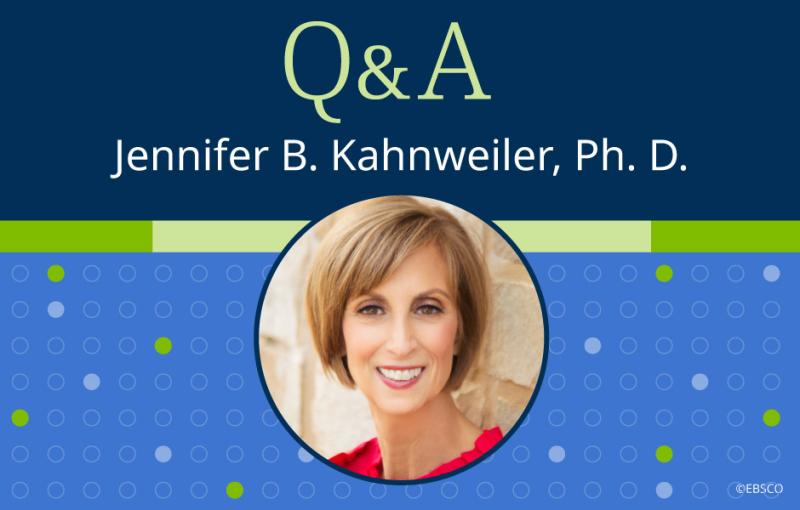A new study thinks so. In a paper presented at the American Psychological Association this month, Brains of Introverts Reveal Why They Prefer Being Alone a research team from the Salk Institute for Biological Sciences in La Jolla, California conducted an intriguing study. Here are some excerpts from a write up in Live Science:
“They used a method known as the “oddball task” in which subjects see a series of very similar images, such as a bunch of blue cars, and then all of a sudden, a slightly different image appears, such as a red car. In the current experiment, subjects saw a series of male faces and every so often a female face appeared. They were also shown pictures of purple flowers interspersed with pictures of yellow ones.
Electrodes placed on the subjects’ scalps recorded the electrical activity in their brains, a technique known as electroencephalography, or EEG. The researchers studied a particular change in the brain’s electrical activity known as P300.
The higher subjects had scored on a test for extroversion, the greater their P300 response was to human faces. In other words, extroverts pay more attention to human faces (P300 can be seen as an indicator of human attention, or how fast their brains’ noticed that something has changed.) There was no link between scores on extroversion and the P300 response to flowers. Introverts had very similar P300 responses to both human faces and to flowers.”
“They (Introverts) just didn’t place a larger weight on social stimuli than they did on any other stimuli, of which flowers are one example,” said.
“[This] supports the claim that introverts, or their brains, might be indifferent to people — they can take them or leave them, so to speak. The introvert’s brain treats interactions with people the same way it treats encounters with other, non-human information, such as inanimate objects for example,” Inna Fishman said.
The researchers concluded, “The results strongly suggest that human faces, or people in general, hold more significance for extroverts, or are more meaningful for them.”
The ideas here should not be taken as absolutes but perhaps are true to some degree. Keep in mind that the sample size was small (only 28) and limited (ages 18-40) More research should be done on this hypothesis. But it is an interesting start.





